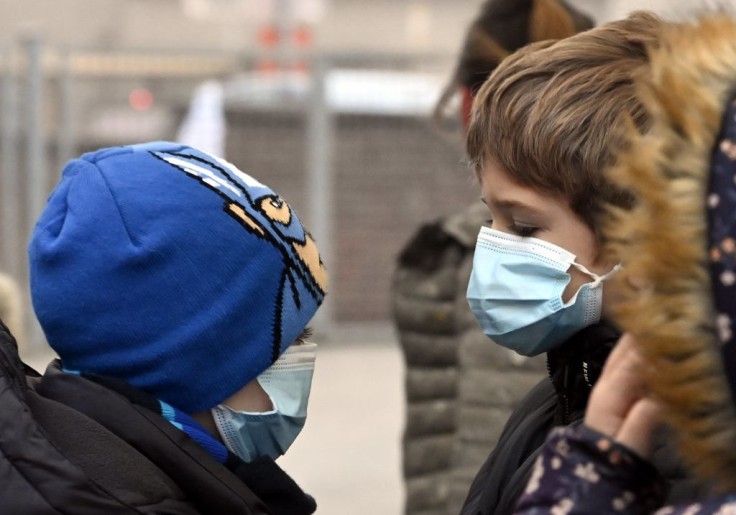
Experts say "fear not" for parents who are worried that their kids have started expressing that they have crushes. Crushes are crucial yet often ignored milestones in the relational life of preadolescent children. Parents and caregivers should also learn how to discuss these things with their young ones.
As per Keyt.com News, these infatuations help children explore romantic feelings before taking on romantic relationships. Exploring feelings of crushes help children deal with themselves before they get ready for romantic relationships.
Kids having crushes
If kids know the object of their desire, they tend to have crushes to idealize these desires. Often, these idealized versions of that person are things that a person could not quickly get out of their heads. Hence, the crushes.
Crushes can start as early as five or six, as per Parents, and can continue to occur throughout one's life. Usually, it's unreciprocated, but the attraction can go both ways in some fortunate cases. Crushes are common among prepubescent kids, and it satisfies an essential need for the kid.
According to Julie Bowker, an associate professor of psychology at the University at Buffalo in New York, kids with crushes have emerging romantic ideas and feelings. Still, they are not yet ready to take them into romantic behaviors or relationships. Crushes generally are not about sexual desires or dating in elementary school.
However, these emerging feelings are real, and kids can use the help of their parents in understanding and learning what to do with them. Parents should also take these feelings seriously, Bowker said.
Talking about crushes
While the parents need to provide context that crushes are normal, it is not an easy issue to talk about all the time. CNN wrote that some kids would tend to be silent about it or elusive about it.
When talking about crushes with kids, Amy Lang, a parenting and sexuality educator and host of "Just Say This," recommends asking them why they like or whom they like. Parents may also ask what kind of things they might want to do with their crushes and whether they may consider inviting them over.
She also suggests other questions like how do we treat a person who "likes, likes" us, or who we don't "like, like" back?
Lang says this line of questioning can help the kids connect the dots between being thoughtful, respectful, and curious and being in a romantic relationship with someone.
Lang suggests that kids also need to establish that friendship is part of a romantic relationship. Talking to kids about crushes helps normalize it, reducing the shame that they may feel.
However, parents must be careful not to make crushes into something they are not. Saying something like, "Oh, you are so cute! You will get married," is a no-no as it creates an expectation that kids may not understand or meet.
At the same time, Lang said it is also important not to downplay it. When parents take their feelings seriously, children also bring their feelings seriously, which is the first step to learning how to process them.
If kids are silent about their crushes, it's okay. Lang suggests that parents should just talk about crushes in general.
Related Article: Four Single Moms Raising Their Kids Together in The Siren House